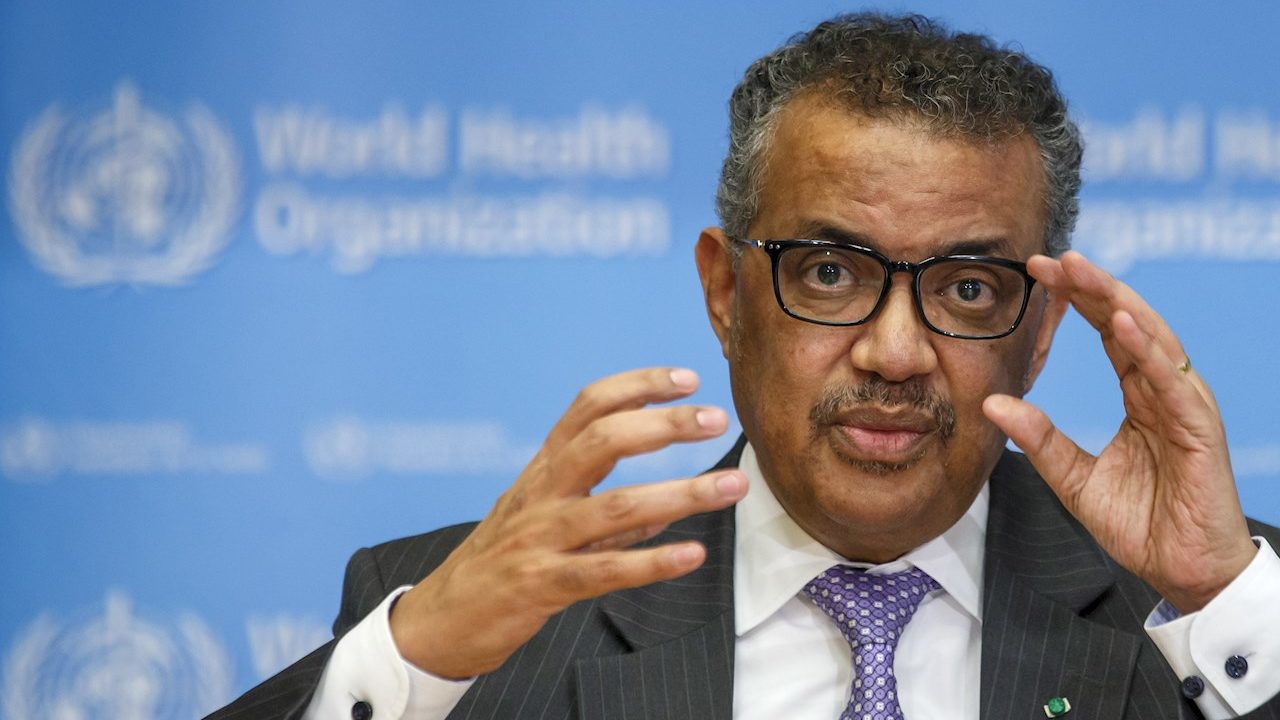The United States opposes plans to strengthen the independence of the World Health Organization

Reuters. – Four officials involved in the talks said the United States, the World Health Organization’s largest donor, was resisting proposals to make the agency more independent, raising questions about longstanding US support for the United Nations agency.
The proposal, made by the WHO’s Working Group on Sustainable Finance, would increase each member state’s annual permanent contribution, according to a WHO document posted online on January 4.
The plan is part of a broader reform process prompted by the Covid-19 pandemic, which has highlighted the limitations of the World Health Organization’s ability to intervene early in a crisis.
Mine: Booster vaccines prevent micron from causing serious cases of Covid by 80%: WHO
But officials in Washington told Reuters that the US government opposes reform because it is concerned about the ability of the World Health Organization to deal with future threats, including those from China.
Instead, he is pushing for a separate fund, directly controlled by donors, that would finance the prevention and control of health emergencies.
Four European officials involved in the talks, who declined to be identified because they are not authorized to speak to the press, confirmed Washington’s opposition. The US government did not immediately comment.
The published proposal calls for mandatory contributions from member states to be gradually increased from 2024 to account for half of the agency’s $2 billion core budget by 2028, up from less than 20% today, according to the document.
The WHO’s core budget aims to combat epidemics and strengthen health systems around the world. It also raises about an additional $1 billion annually to address specific global challenges, such as tropical diseases and influenza.
Proponents say the current reliance on voluntary funding from member states and charities such as the Bill and Melinda Gates Foundation forces the WHO to focus on the priorities set by funders and makes it less able to criticize members when things go wrong.
An independent commission on epidemics appointed to advise on WHO reform has called for a much larger increase in mandatory fees, to 75% of the base budget, calling the current system a “significant risk to integrity and independence”. .
The World Health Organization responded to a query by saying that “only flexible and predictable financing can enable WHO to fully implement the priorities of Member States.”
Three European officials said major EU donors, including Germany, supported the plan along with most African, Asian, South American and Arab countries.
Three of the officials said the proposal would be discussed at the World Health Organization’s executive board meeting next week, but divisions meant no agreement was expected.
Confirming that there is currently no consensus among member states, the WHO said talks were likely to continue until the annual meeting of the World Health Assembly in May, the agency’s main decision-making body.
European donors, in particular, favor the empowerment of multilateral organizations, not their weakening, including the World Health Organization.
Do you already have us on Facebook? Give us your like and get the best information

Twitter fan. Beer specialist. Entrepreneur. General pop culture nerd. Music trailblazer. Problem solver. Bacon evangelist. Foodaholic.



